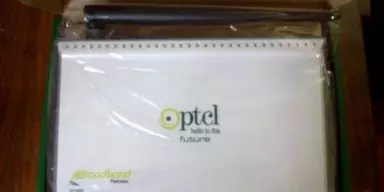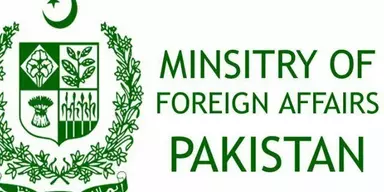Pakistan seems to have restricted porn, ordering internet service providers to kill access to adult sites, dating pages and sex material containing websites or blogs.
Despite the fact, Pakistan Telecommunication Authority is taking serious measures to ban sex websites in Pakistan. Still, these banned websites are being accessed using Virtual Private Network software or apps and proxy websites. The government has already given instructions to PTA and ISPs in Pakistan to block access to an adult material containing and sex websites on the grounds of morality and decency.
After taking a lot of precautionary measures, it is still impossible for the respective authorities to block almost half million porn sites in the country. Most of these porn sites are directly accessible, and even PTA is not banning at all. On limited sites where PTA has put a ban, almost all are still accessible using VPN and proxy websites.
Many times Supreme Court has ordered PTA to: “take remedial steps to quantify the nefarious phenomenon of obscenity and pornography that has an imminent role to corrupt and vitiate the youth of Pakistan.”
Why PTA is not Banning Sex Websites Properly?
“The problem is that the blocks are based on keywords. So when the PTA aims to block porn they won’t just block porn, they will end up blocking other content as collateral damage,” Founder and Director of the Digital Rights Foundation Nighat Daad says. “There have, for example, been instances of medical journals and research papers being blocked because they contained the word ‘breast’ or ‘sex’ in them.”
“This blocking approach to addressing the availability of pornographic material online is dishonest,” says Farieha Aziz, Director of Bolo Bhi, an advocacy forum for digital rights. “PTA has time and again admitted before courts that it is not possible to block anything on the Internet one hundred percent, so why are they ordering the blocking of over 400,000 URLs? It is incumbent upon them to honestly admit that it will never be possible to remove everything someone deems inappropriate from the internet. They should stop misleading courts and the public by offering false solutions.”















